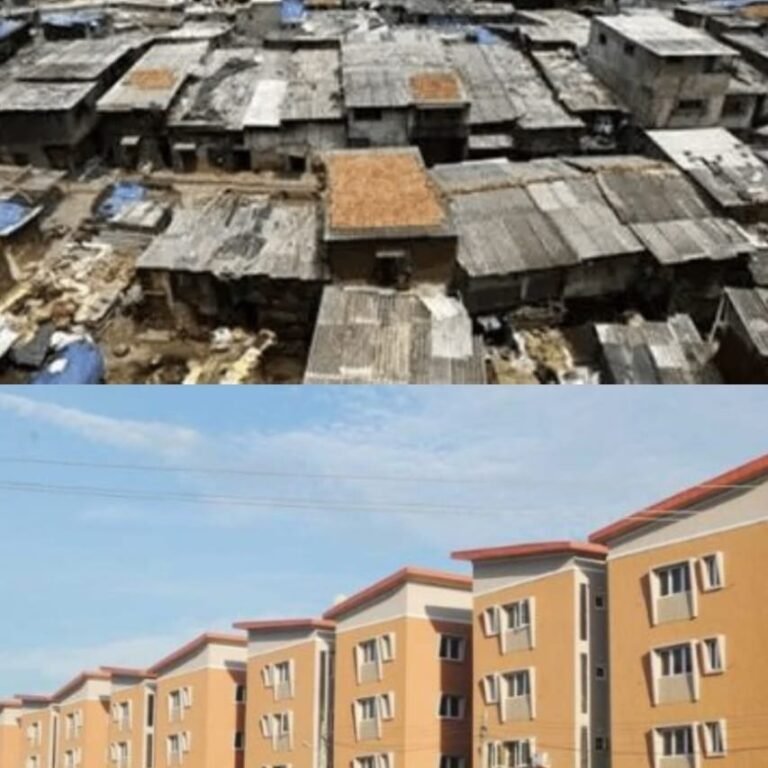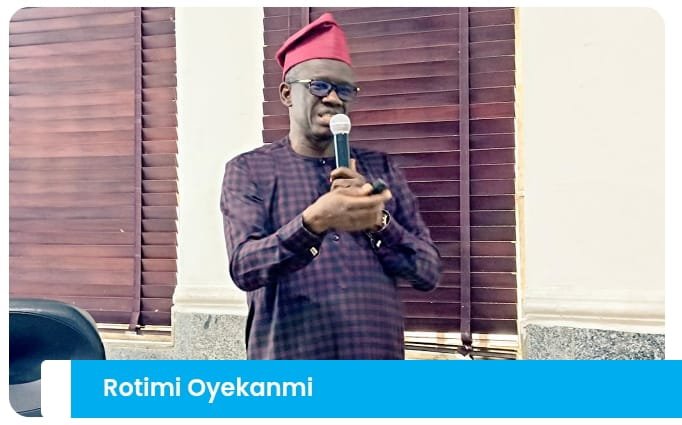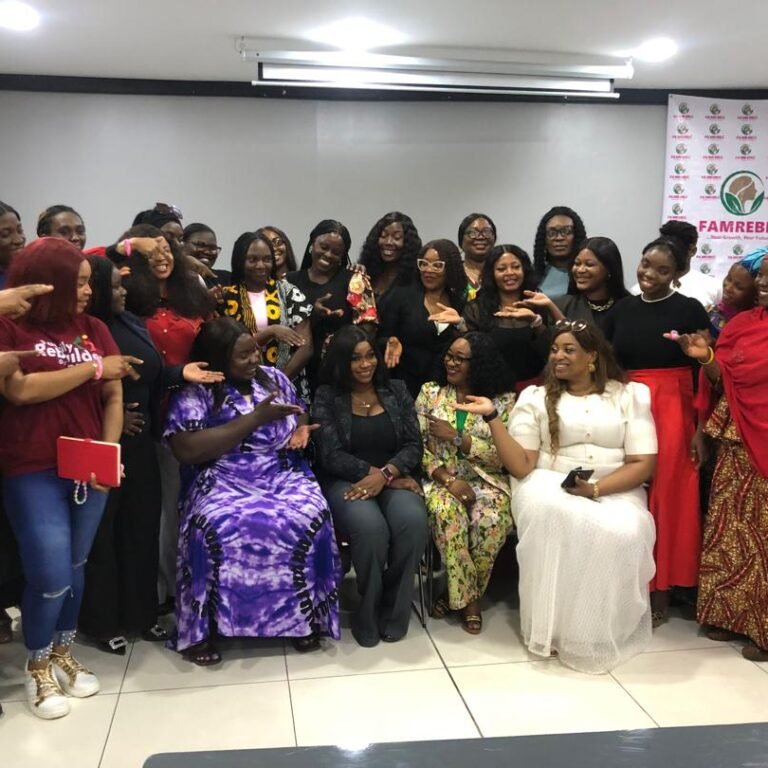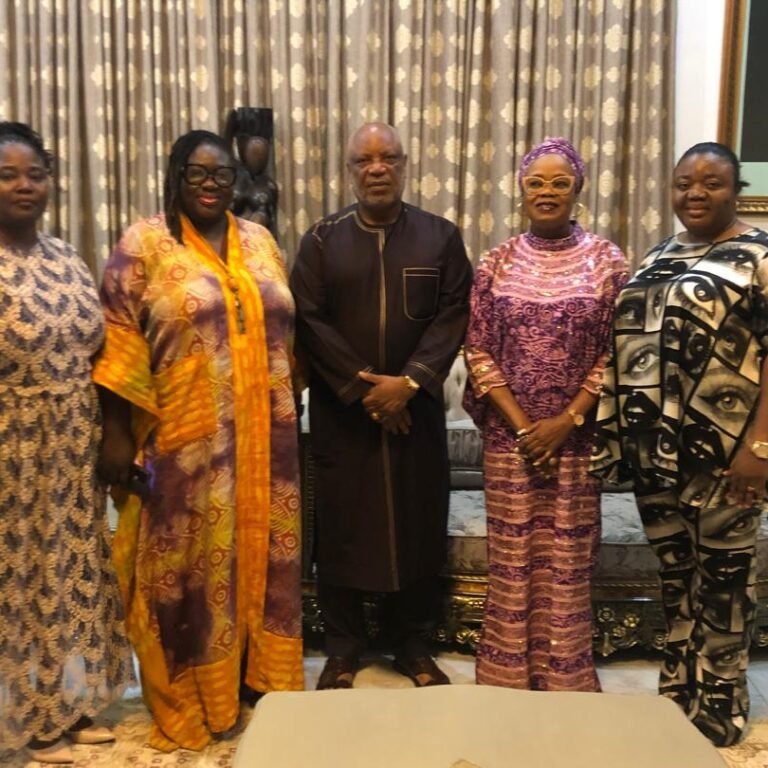
By Media360Impact Editorial
In the past decade, Nigeria’s electoral landscape has undergone a profound transformation. At the heart of this revolution is the Independent National Electoral Commission (INEC) under the leadership of Professor Mahmood Yakubu. Appointed in 2015, Yakubu inherited a system struggling with credibility issues, logistics failures, and declining voter confidence.
Yet, in the years since, Nigeria has witnessed a bold push towards digitalizing democracy, resulting in some of the most significant electoral reforms in the nation’s history.
Building on the Past, Innovating for the Future
When Professor Yakubu took over from Professor Attahiru Jega in 2015, Nigeria had just begun experimenting with technological tools, such as the Permanent Voter Card (PVC) and Smart Card Readers (SCR), used in that year’s general elections. While these tools marked a departure from manual verification and ballot stuffing, they were only the beginning of what would become a full-scale digitization of Nigeria’s electoral system.
Between 2015 and 2023, INEC introduced a series of strategic innovations designed to restore credibility, reduce rigging, and improve transparency. Key among these were:
The Bi-Modal Voter Accreditation System (BVAS): First piloted in 2021 and deployed nationwide in the 2023 general elections, BVAS replaced Smart Card Readers by offering dual functionality—fingerprint and facial recognition for voter accreditation. This drastically reduced incidents of voter impersonation and accreditation fraud.
INEC Result Viewing Portal (IReV): An online platform launched in 2020, IReV enabled real-time transmission of polling unit results. This innovation, while not without implementation hiccups, increased public confidence by allowing civil society, media, and ordinary Nigerians to monitor results as they were uploaded.
Continuous Voter Registration (CVR): Unlike in the past when registration was done only before elections, Yakubu’s INEC institutionalized a continuous voter registration system. This helped increase access to registration, especially for youths and first-time voters.
Expansion of Voting Access and Inclusivity: INEC under Yakubu conducted pilots and consultations around diaspora voting, voting for Persons with Disabilities (PWDs), and introduced assistive materials like braille ballot guides and magnifying glasses to aid visually impaired voters.
The Numbers Tell the Story
A comparison of elections from 2015, 2019, and 2023 shows both progress and persistent challenges:
Election YearRegistered VotersAccreditation MethodVotes CastTurnout %Key Technology Used
201567 millionPVC + Smart Card Reader29.4 million43.65%SCR, PVC
201984 millionPVC + SCR (expanded use)28.6 million35.6%SCR, PVC
202393.5 millionPVC + BVAS24.9 million27%BVAS, IReV, CVR
While voter turnout has declined, particularly in 2023, many analysts attribute this to insecurity, voter apathy, and disenchantment not technological failures.
In fact, civil society groups such as Yiaga Africa, Centre for Democracy and Development (CDD), and Transition Monitoring Group (TMG) have consistently praised BVAS and IReV as steps toward greater transparency.
Stakeholder Reactions: Mixed but Hopeful
Reactions to these reforms have been mixed, with some political actors criticizing INEC’s handling of result uploads during the 2023 presidential election. However, civil society actors emphasize that the framework and tools introduced under Yakubu’s leadership are foundational to electoral transparency they only require better execution, legal backing, and political will to fully deliver.
Challenges Remain
Despite the commendable progress, several issues persist:
Logistics and operational planning including delayed arrival of materials and staff.
INEC’s communication gaps, especially in high-stakes moments.
Legal bottlenecks in enforcing electoral offenses.
Inconsistent judicial interpretations of electoral laws and reforms.
A Legacy of Reform
Yakubu’s legacy is still being written, but one thing is clear: He pushed Nigeria’s electoral process into the digital age. From PVCs and SCRs to BVAS and IReV, these innovations though not perfect, but have laid a strong foundation for electoral integrity and reform in Nigeria.
Going forward, Nigeria must consolidate these gains by ensuring:
Full integration of digital systems with transparent offline backups.
Strong enforcement of electoral laws to deter manipulation.
Wider voter education, especially around the benefits and limitations of electoral tech.
Conclusion
Professor Mahmood Yakubu’s tenure at INEC represents a turning point in Nigeria’s democratic evolution. While the road has been rocky, his era will be remembered for moving Nigeria closer to the global standard of free, fair, and credible elections using modern tools. In the journey to perfect democracy, Nigeria may not be at the destination yet but with these reforms, the path forward is clearly marked.








